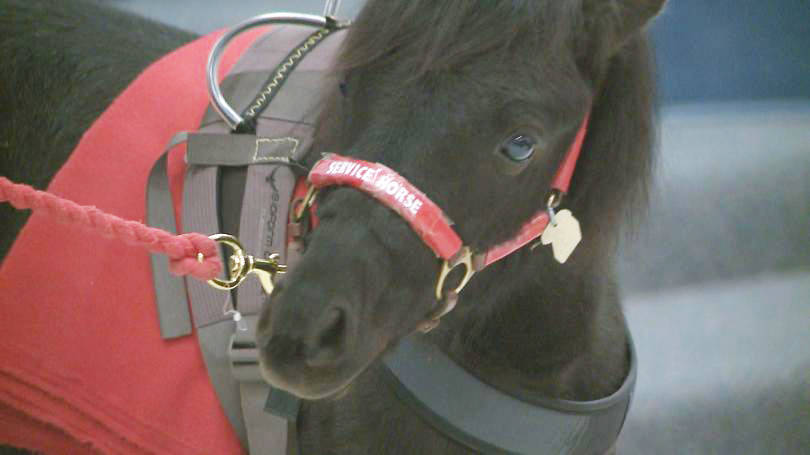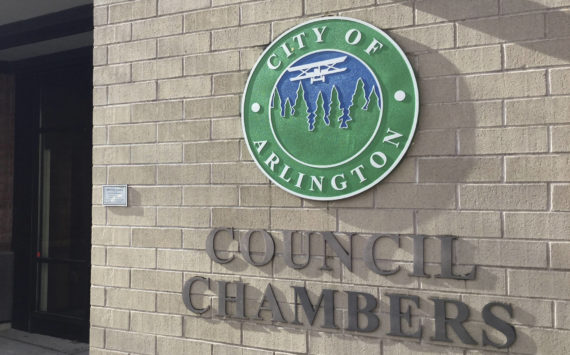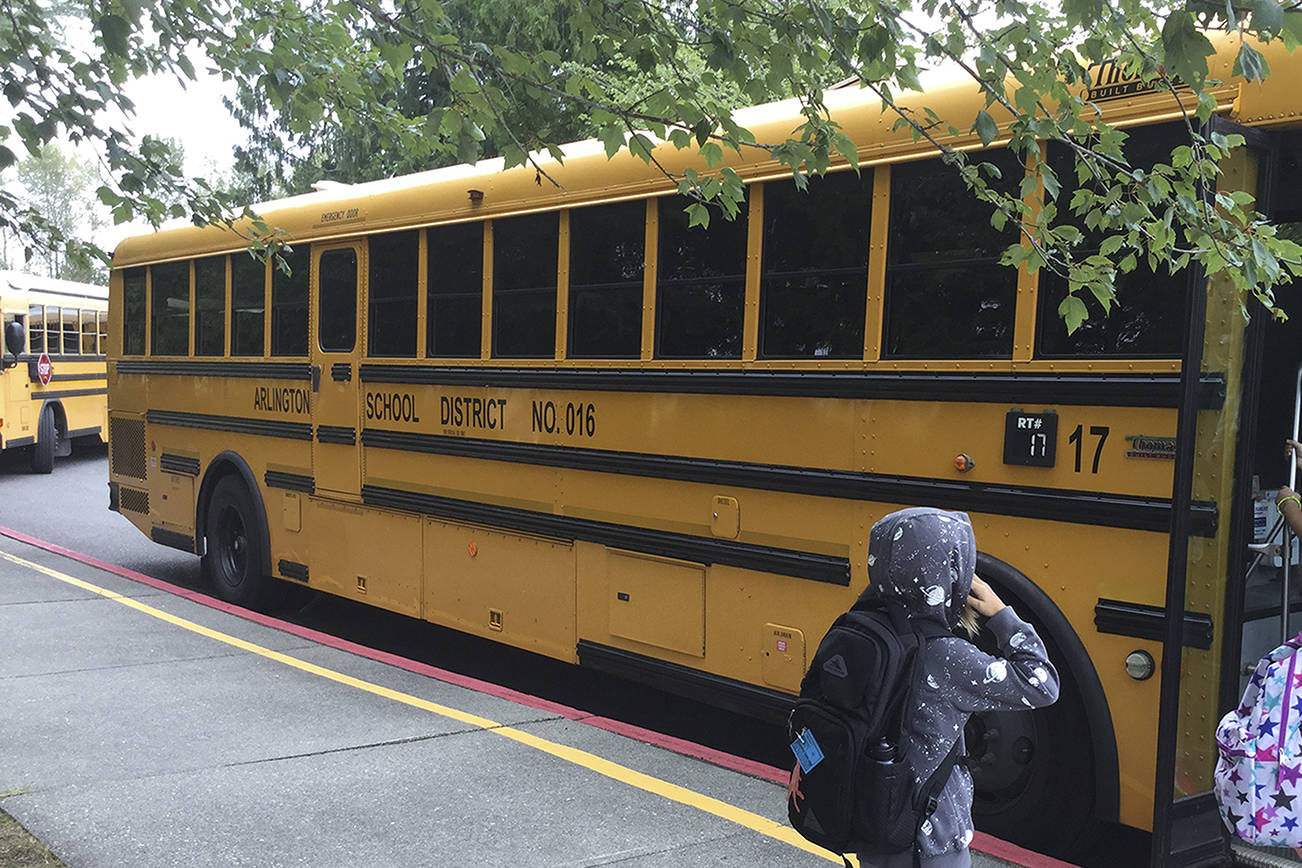ARLINGTON – Miniature ponies must have a powerful lobby behind them.
In revised legislation that took effect Jan. 1 statewide defining what constitutes a “service animal” under the Americans with Disabilities Act, that title is reserved for service-trained dogs only – and miniature ponies.
Anything else, you’ve got yourself a therapy animal, and misrepresenting it as a service animal now carries a $500 fine, whether it’s a chicken, pig, monkey, untrained pocket pooch or some other critter that provides emotional support.
The subject came up at Monday’s school board meeting during the first reading of an updated policy concerning service animals in schools.
So why miniature horses?
Apparently, they’re good at lending a helping hoof. They can do most all the tasks dogs can do – opening doors, turning off lights, picking up objects and warning their handlers about hazardous situations out walking or at home. Plus, they can pull wheelchairs, use escalators, and tend to live two to three times longer than dogs.
Assistant Superintendent Kathy Ehman said the change in school policy adds miniature ponies, examples of work or tasks, the process for getting permission, and references the civil infraction for misrepresenting a service animal. It also spells out the few questions principals can ask a student or staff member with a disability to determine whether a service animal is needed, without talking about the disability itself.
Ehman said it also draws the distinction between a service animal and a therapy animal.
“The policy has to do with people who may be falsifying saying they need to bring a comfort companion animal with them, when in fact, it’s not really a service animal; it’s a therapy animal,” she said.
The U.S. Justice Department that carries out ADA regulations defines “service animal” to mean any dog that is individually trained to do work or perform tasks for the benefit of an individual with a disability, including a physical, sensory, psychiatric, intellectual or other mental disability.
Therapy animals for emotional support are excluded.
An enforcement officer can issue a $500 fine if a person misrepresents a service animal to get rights granted a disabled person, and removal of the animal from the place of public accommodation is immediate.
Ehman and others said they don’t recall any miniature horses used in schools as service animals, and they don’t expect a run on them.
Superintendent Chrys Sweeting said she saw the miniature horses reference in policies at an earlier school district where she worked, and she sought clarification.
“I was told they are very trainable, and in some cases, much more than a dog,” she said. “In some cases, they are better for a person to have.”
School board member Kay Duskin asked about pooper scoopers, and was told that handlers are responsible for their own service animal.
Board member Marc Rosson said the district is responsible for transportation for the service animals, leading him to share one novel idea.
“Horse racks on the front of the buses,” he suggested, getting laughs.
In other school news:
• The board approved several new classes and the instructional materials to support them. The courses include Medical Math, a third-year hands-on applied math class at Weston High School that will fill a need for Career and Technical Education in the health care field; Chemistry in the Community, a third-year lab science class at Arlington High School; Social Media Marketing that will expand on marketing classes; and senior English classes focused on Sports and Recreation, Media Studies and Mythology. A fourth class, Literature of Social Justice, will explore topics like racism, equality, cultural and gender issues, with hopes that it will generate conversations with parents.
• The district re-enlisted with the Air Force for another five years in the Air Force Junior Reserve Officer Training Corps program at Arlington High School. Enrollment dipped below the required 100 cadet minimum last year to put the program in jeopardy, but outreach efforts succeeded in getting the head count to 103 students.
• Communications director Gary Sabol demonstrated the district website’s accessibility for people with impaired hearing or vision. The district now contracts with AudioEye at $9,800 a year for software that overlays content with audio and provides tools that lets end users resize text, as well as change type styles and background color, to make words more readable. Governments and public agencies whose websites aren’t ADA-accessible under federal guidelines open themselves up to potential lawsuits. • The board approved an agreement with Public Hospital District No. 3 to provide another mental health provider, Kristina Coyle, at a third elementary school. Counselor Patty Putnam has provided care one day a week for students at Eagle Creek Elementary. She will add a second school soon, while Coyle will provide services at a third grade school, both to be decided soon.







